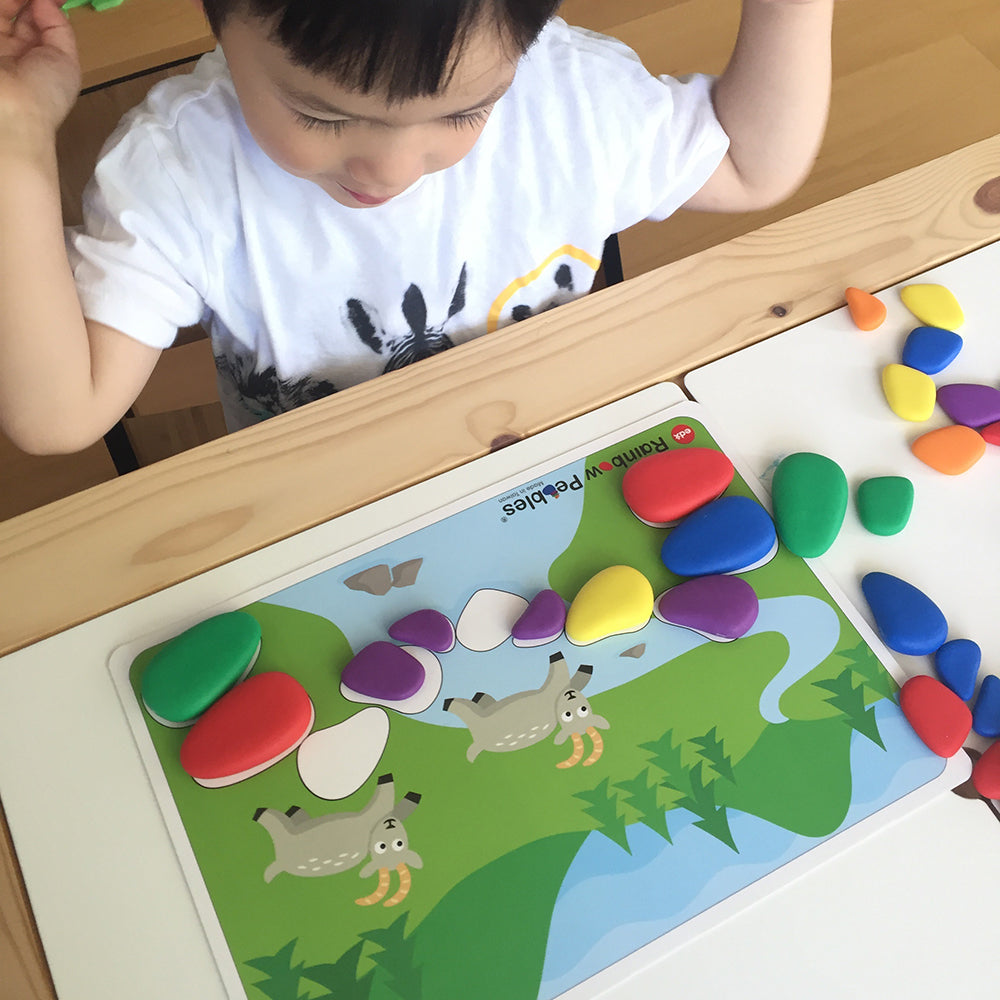
As caregivers and parents, we all want to give our children the best start in life, especially when it comes to learning. But what if the key to building essential skills isn’t through structured lessons or rigid classroom environments, but through play? Play-based learning is a natural, joyful, and effective approach to early childhood education. At Edx Education, we believe in the power of learning through play, and our philosophy is simple: Play, Learn, Create.
What Is Play-Based Learning?
Play-based learning is an approach that encourages children to explore, discover, and engage in activities that are fun and meaningful to them. It involves using games, toys, and activities to support cognitive, social, and emotional development. Instead of traditional teaching methods that focus on rote memorization or passive learning, play-based learning lets children take the lead, fostering their curiosity, creativity, and problem-solving abilities.
At Edx Education, we take this philosophy a step further with our "Play, Learn, Create" approach. We provide educational toys and resources that spark imagination, foster independence, and allow children to build the foundational skills they need for later success in school and life.
The Science Behind Play-Based Learning
Research consistently shows that play is essential for children’s development. During the early years, the brain is developing at an extraordinary rate, and experiences during this time shape the foundation for future learning. According to studies from the Early Years Foundation Stage (EYFS), play enhances cognitive, emotional, and social development, helping children grow in all aspects of their lives.
Cognitive development benefits from play because it encourages children to problem-solve, experiment, and think critically. For example, when children engage in building activities, such as stacking blocks or assembling patterns, they develop spatial awareness and understanding of concepts like size, shape, and balance. These activities not only promote curiosity but also help strengthen memory and attention span.
Socially, play fosters communication skills, cooperation, and emotional regulation. Children learn to express themselves, take turns, and resolve conflicts—all critical skills for interacting with others. Emotional development is equally important, as play allows children to explore and express their feelings in a safe environment.
Types of Play and Their Learning Benefits
Play comes in many forms, each offering unique learning opportunities. Let’s explore five key types of play and the Edx Education toys that support them:
-
Constructive Play: This type of play involves building, stacking, or assembling objects. It helps develop fine motor skills, spatial awareness, and problem-solving abilities. Toys like our Rainbow Pebbles and Maths Cubesencourage children to create and explore different structures, offering endless opportunities for learning.
-
Sensory Play: Sensory play engages children’s senses and promotes cognitive and physical development. By exploring different textures, sounds, and materials, children enhance their sensory processing skills. Edx’s Sand & Water Play Sets and Dancing Ribbons are perfect for sparking curiosity through sensory experiences.
-
Pretend Play: Also known as imaginative or dramatic play, pretend play encourages children to explore different roles and scenarios. It develops social and emotional skills as children practice empathy, communication, and problem-solving. Our MyGears® and Joey Jump sets are ideal for creating fun, pretend-play scenarios that stimulate imagination.
-
Physical Play: Physical activity is essential for children’s development, promoting coordination, balance, and gross motor skills. Our Hopscotch Tiles and Balance Beams encourage children to move, jump, and play in ways that boost their physical abilities.
-
Collaborative Play: This type of play encourages cooperation and teamwork. It helps children develop social skills and understand the importance of working together. Edx’s Linking Cubes and Number Rods are perfect for collaborative games where children can solve problems as a team.
Real-Life Examples of Learning Through Play
One parent shared: “I’ve seen such a difference in my child’s confidence and problem-solving skills since we started using Edx Education’s toys. She used to avoid tasks that seemed hard, but now, she’s excited to face challenges, whether it’s building with blocks or figuring out how to balance on the beams!”
For more insights, you can also listen to our Play, Learn & Create podcast, where we dive deeper into the benefits of play-based learning and share practical tips for parents and educators.
As parents, it’s time to rethink what learning can look like at home. With the right toys, resources, and mindset, play can be the foundation for your child’s growth and development. At Edx Education, we are committed to providing educational toys that make learning fun and effective. Ready to get started? Explore our range of toys and free downloadable printables to bring play-based learning to life in your home today!
Visit Shopedx and start your play-based learning journey now.
